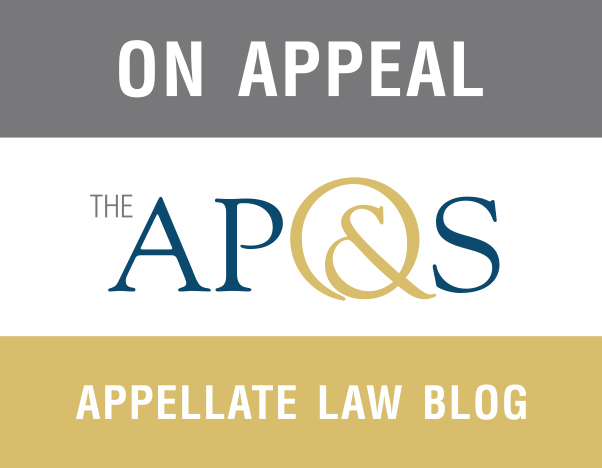The Supreme Court has consistently reminded parties that the failure to order a transcript of the proceedings below is “risky business.” See Sentas v. Sentas, 911 A.2d 266, 270 (R.I. 2006); Bergquist v. Cesario, 844 A.2d 100, 105 (R.I. 2004). It is well settled that the Court “ordinarily will not decide matters . . . unless there has . . . been transmitted . . . so much of the record of the tribunal below as may be necessary to enable us to pass on the question at issue.” Savoy Realty Corp. v. LPL, Inc., 401 A.2d 61, 61 (R.I. 1979). Nevertheless, cases continue to reach the Supreme Court without transcripts.
In Vogel v. Catala, 2012-177-Appeal, the appellant proceeded without ordering a transcript. At oral argument, in response to the Court’s inquiry, appellant’s counsel informed the Court that he had ordered the transcript on appeal. Id. at 2 n.1. However, on his notice of appeal, appellant affirmatively indicated that he would not be ordering a copy of the transcript. Id.
On appeal, the appellant argued that the trial justice erred in finding that the appellee was a credible witness and in failing to find that a contract at issue was void as a loan for betting. Id. at 4. However, without a transcript of the trial below, the Supreme Court was unable to review the trial justice’s factual findings. Id. at 5. Indeed, without the transcript, the Court could only speculate as to the testimony adduced at trial, which it declined to do. Id. at 5-6. Thus, the appellant’s failure to order the transcript was fatal to his appeal. Id. at 6.
Justice Robinson dissented on the ground that there was sufficient evidence in the record for the Court to conclude that appellee, by virtue of his own judicial admissions, was statutorily barred from recovering because the contract was void. Id. at 6.

(3) Failure to Order Transcript Fatal to Appeal.
Posted In: Transcripts Tagged In: Appellate Practice, Rhode Island Supreme Court, Transcripts



